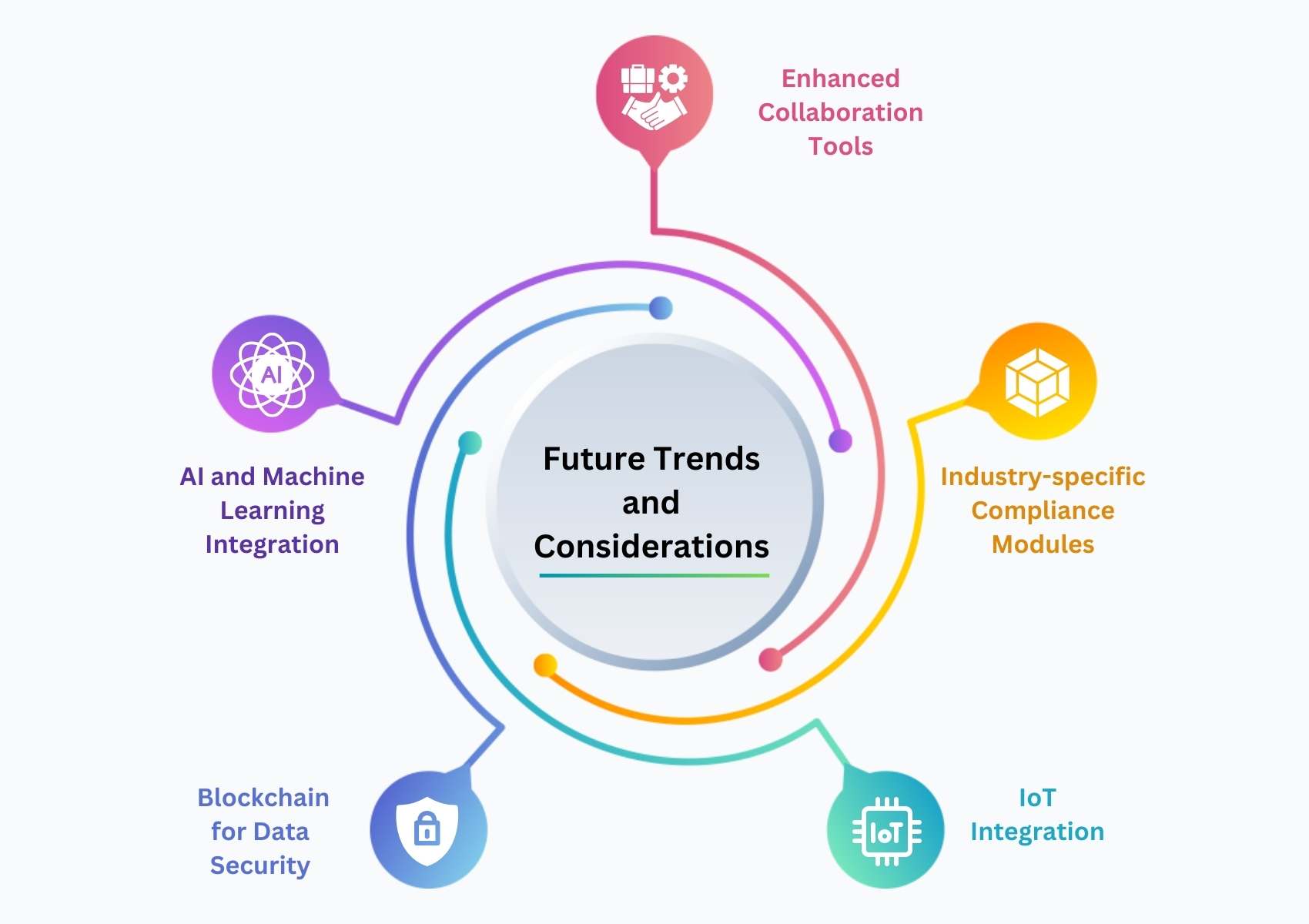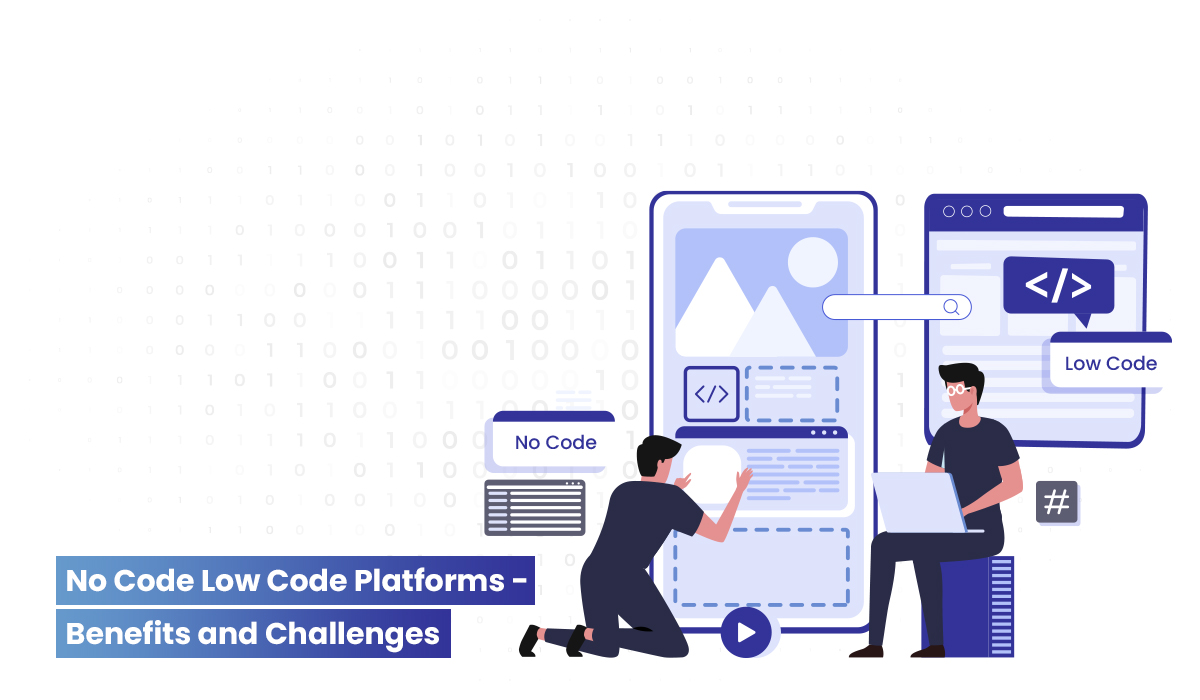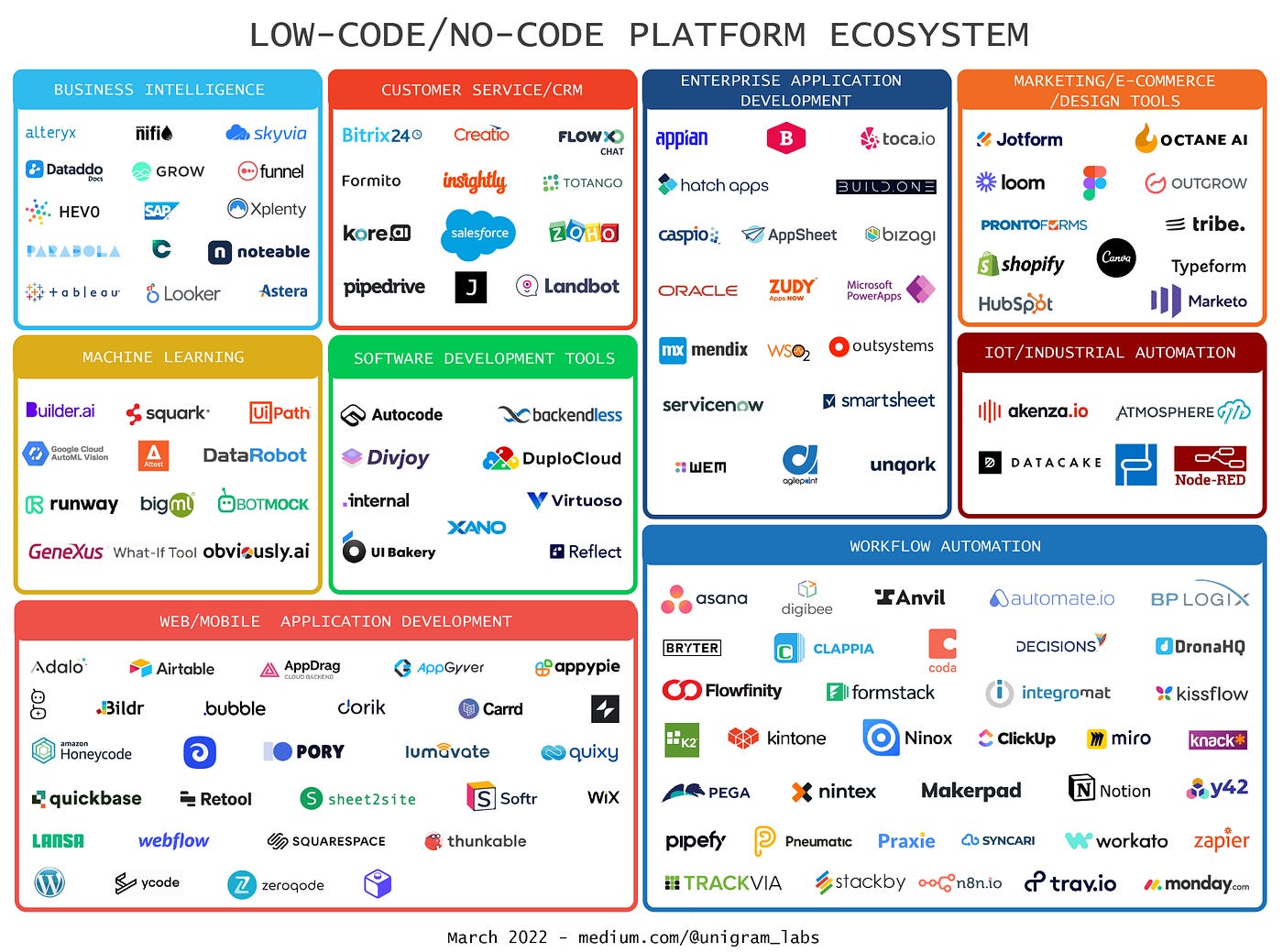Low-Code and No-Code Platforms: Get Ready for the Future - Open Source Solutions
Software development has received a major boost with the emergence of low-code/no-code (LCNC) platforms. These platforms have democratized app development, allowing individuals without extensive coding knowledge to create applications quickly and efficiently.
With a shortage of skilled software developers, enterprises are increasingly turning towards artificial intelligence (AI) and LCNC platforms to accelerate their app development processes while keeping costs low. Low-code platforms require minimal coding and are perfect for rapid application development and business process automation. On the other hand, no-code platforms offer a user-friendly interface with drag-and-drop functionality, enabling the creation of applications without the need for any coding.

Growth and Predictions
According to industry experts, the adoption of LCNC platforms is on the rise. Gartner predicts that by 2026, a significant portion of low-code development tools users will come from outside the traditional IT departments. IDC forecasts substantial growth in both no-code and low-code platform sales through 2026.

A market research study by P&S Intelligence reveals that the global low-code market is poised to witness substantial growth, reaching a value of US$187 billion by 2030.
Key Players in LCNC Platforms
The LCNC market is crowded with major proprietary platform vendors such as SAP, Appian, Google Appsheet, Microsoft PowerApps, and Salesforce, among others. Each of these platforms offers unique features and capabilities to support various app development needs.

For example:
- Salesforce: All-in-one platform for creating business apps with easy publishing to app stores.
- Microsoft Power Apps: Enables the creation of rich web and mobile apps with robust functionalities.
- Appian: Focuses on automating complex workflows and building BPM apps.
- Service Now: Facilitates app creation for diverse business operations with its streamlined structure.
- HCL Volt MX: Full-stack application development platform implementing classic architecture.
Open Source LCNC Platforms
Open source LCNC platforms provide a cost-effective and flexible solution for developers and businesses. These platforms offer a wide range of capabilities, from web development to machine learning, catering to diverse project requirements.
Here are the top ten open source LCNC platforms:
- Budibase: Versatile platform with drag-and-drop interface and support for multiple data sources.
- Huginn: Designed for process automation without extensive coding.
- WordPress: Widely used for web development with easy customization options.
- Node-RED: Visual programming interface for building IoT applications.
- PyCaret: Simplifies machine learning model building in Python.
- Baserow: Data collaboration platform with rich field types and data visualization tools.
- Appsmith: Ideal for building custom applications with various data integrations.
- Directus: Customizable CMS and data platform supporting workflow automations.
- Supabase: Backend as a service platform with real-time database and user authentication.
- Metabase: Business intelligence tool for creating dashboards and visualizations.
Benefits and Challenges of LCNC Platforms
While LCNC platforms offer a range of benefits including faster app delivery, reduced costs, and improved efficiency, they also come with certain challenges such as vendor lock-in, security concerns, and limited customization options. It is essential for businesses to carefully evaluate their project requirements before selecting a platform to ensure alignment with their goals.

Looking to the future, LCNC platforms are expected to incorporate more artificial intelligence capabilities to further enhance app development processes and empower users to create innovative solutions efficiently.




















